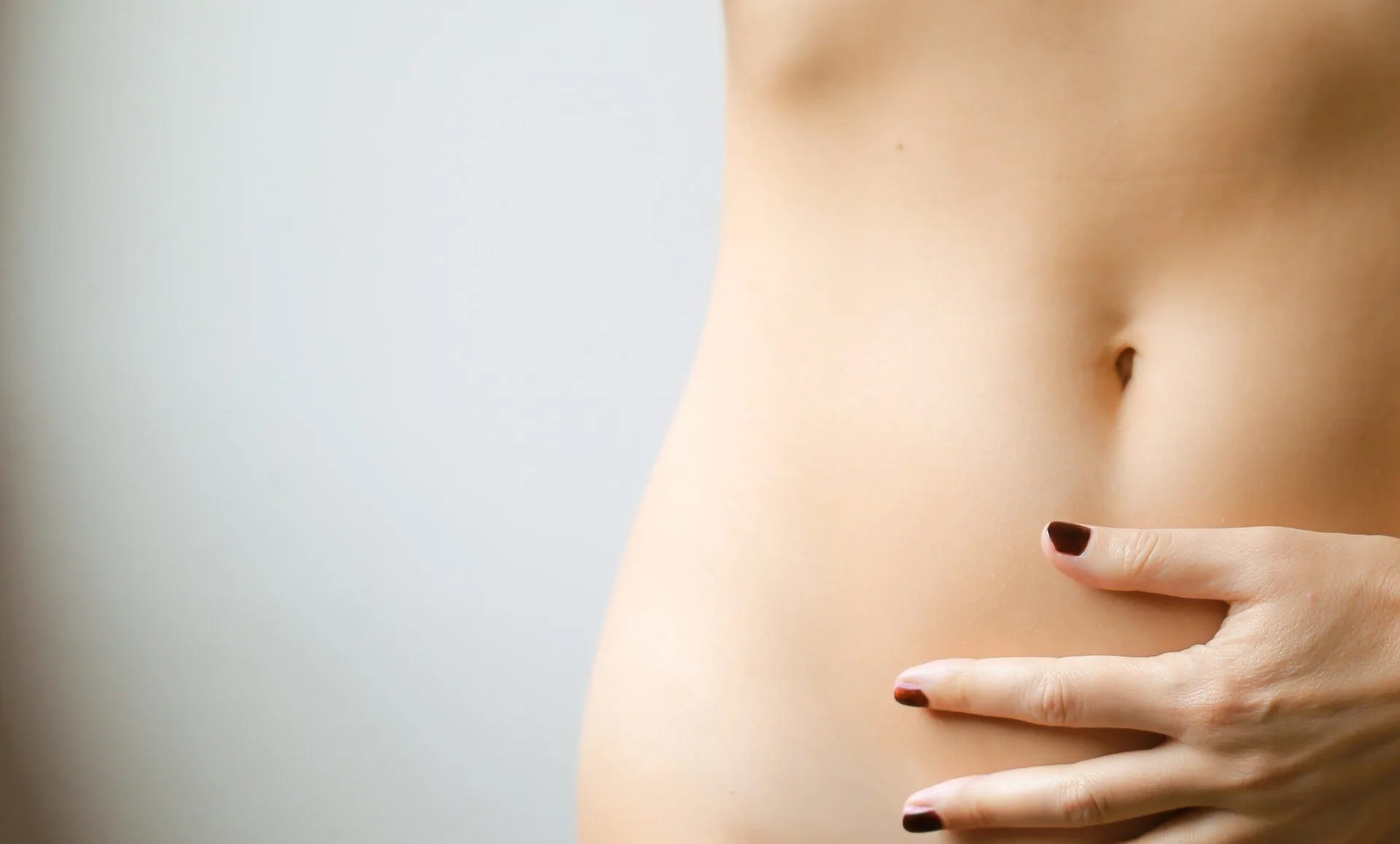Everything we do, everything we think, and everything we eat all leads back to one thing – the gut. So, if you’re hoping to find the secret to a longer and healthier life, the gut would be the perfect place to look, wouldn’t it?
But whose gut to look at when searching for the secret to longevity? Why, centenarians of course. There’s a lot we can learn about longevity from some of the world’s oldest living people, and a new study suggests that a lot of the answers lie in their guts.
Centenarians and Their Superior Gut Health
A study published in Nature examined the gut health of three different Japanese groups. The first group consisted of 150 centenarians with an average age of 107 years old, the second group had 112 people between 85-89 years old, and the third held 47 people who were 21-55 years of age.
The study found that the majority of the centenarians weren’t only free of any major chronic disease, but they also discovered that the centenarians had specific bacteria in their guts that produce secondary bile acids. Upon examining these bile acids, the researchers found that the bile helped to protect against inflammation and even kill off harmful pathogens.
Boosting your gut health for longevity
While the study has yet to explain how and why the centenarian’s gut contains the type of bacteria that they do, there are a few things you can do to support your gut health, and in turn, support your longevity.
1. Enjoy a plant-based diet
Your gut is what you eat, and you really should be eating plant-based foods. A recent study published in Nature Medicine found that a diet consisting of fruits, vegetables, nuts, seeds, and whole grains created a more diverse gut microbiome and this, in turn, reduced one’s risk for chronic diseases.
2. Take probiotics
Probiotics are a great way to enhance your gut health, and they also have other digestive health benefits. If you’re not interested in taking probiotics every morning, you can opt for probiotic-rich foods. These include kefir, kimchi, yogurt, miso, sauerkraut and kombucha.
3. Move your body
We all know exercise provides benefits for the body, and that also includes your gut health. A 2017 study found that just three hours of exercise can help to increase levels of anti-inflammatory gut bacteria.
Manage your stress
Stress is normal, but too much of it is not good for you, or your gut. In fact, research has found that high-stress levels can affect your gut in the same way that a high-fat diet does (1).
Now while these are stressful times, what with dealing with the after-effects of a global pandemic and attempting to navigate an unequal society, there are ways you can manage your stress levels. These include mediation, listening to music, journaling, gardening, and volunteering.

Photo by LeeAnn Cline on Unsplash
Want to know more?
Your gut can influence a lot of things, but did you know it can affect your ability to get a thoroughly deserved eight hours of sleep?
References
Asnicar, F., Berry, S. E., Valdes, A. M., Nguyen, L. H., et al. (2021). Microbiome connections with host metabolism and habitual diet from 1,098 deeply phenotyped individuals. Nature medicine, 27(2), 321–332. https://doi.org/10.1038/s41591-020-01183-8
Bressa, C., Bailén-Andrino, M., Pérez-Santiago, J., González-Soltero, R., Pérez, M., Montalvo-Lominchar, M. G., Maté-Muñoz, J. L., Domínguez, R., Moreno, D., & Larrosa, M. (2017). Differences in gut microbiota profile between women with active lifestyle and sedentary women. PloS one, 12(2), e0171352. https://doi.org/10.1371/journal.pone.0171352
Bridgewater, L.C., Zhang, C., Wu, Y. et al. Gender-based differences in host behavior and gut microbiota composition in response to high fat diet and stress in a mouse model. Sci Rep 7, 10776 (2017). https://doi.org/10.1038/s41598-017-11069-4
Sato, Y., Atarashi, K., Plichta, D.R. et al. Novel bile acid biosynthetic pathways are enriched in the microbiome of centenarians. Nature (2021). https://doi.org/10.1038/s41586-021-03832-5







![women [longevity live]](https://longevitylive.com/wp-content/uploads/2020/01/photo-of-women-walking-down-the-street-1116984-100x100.jpg)









